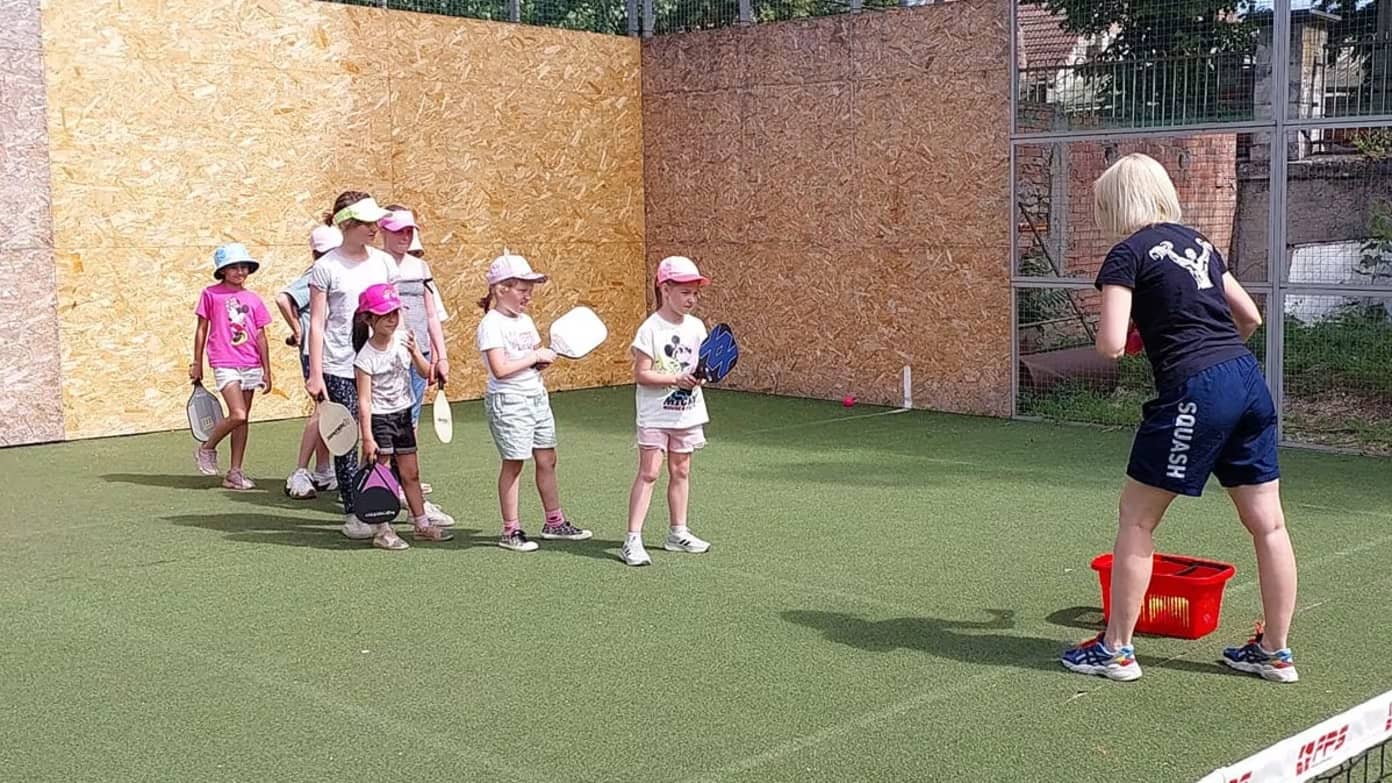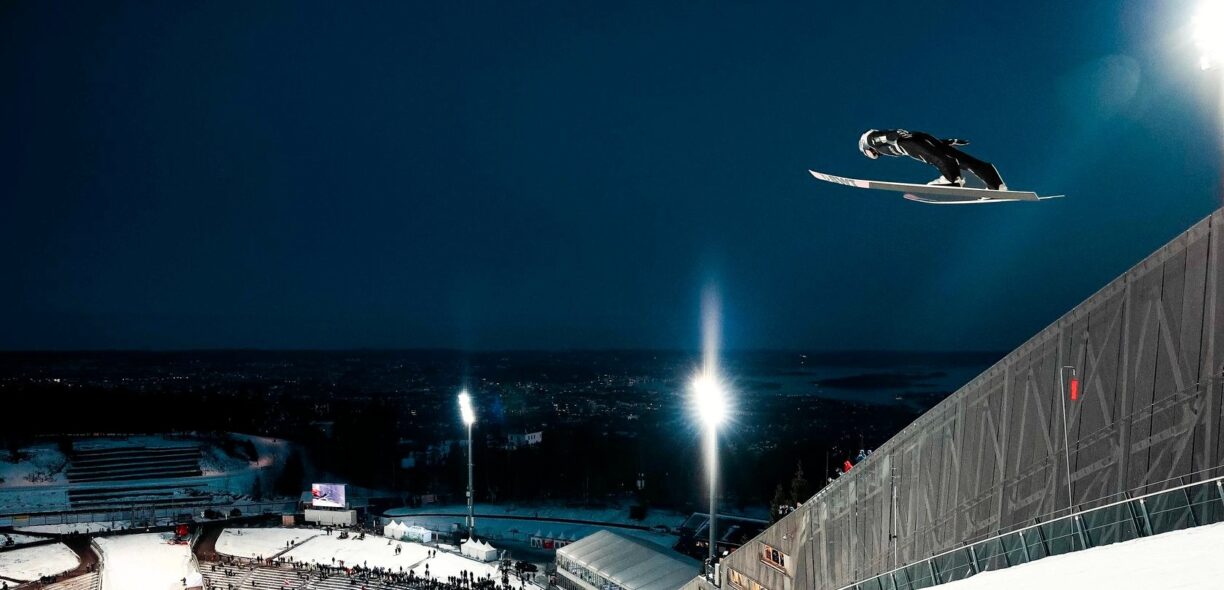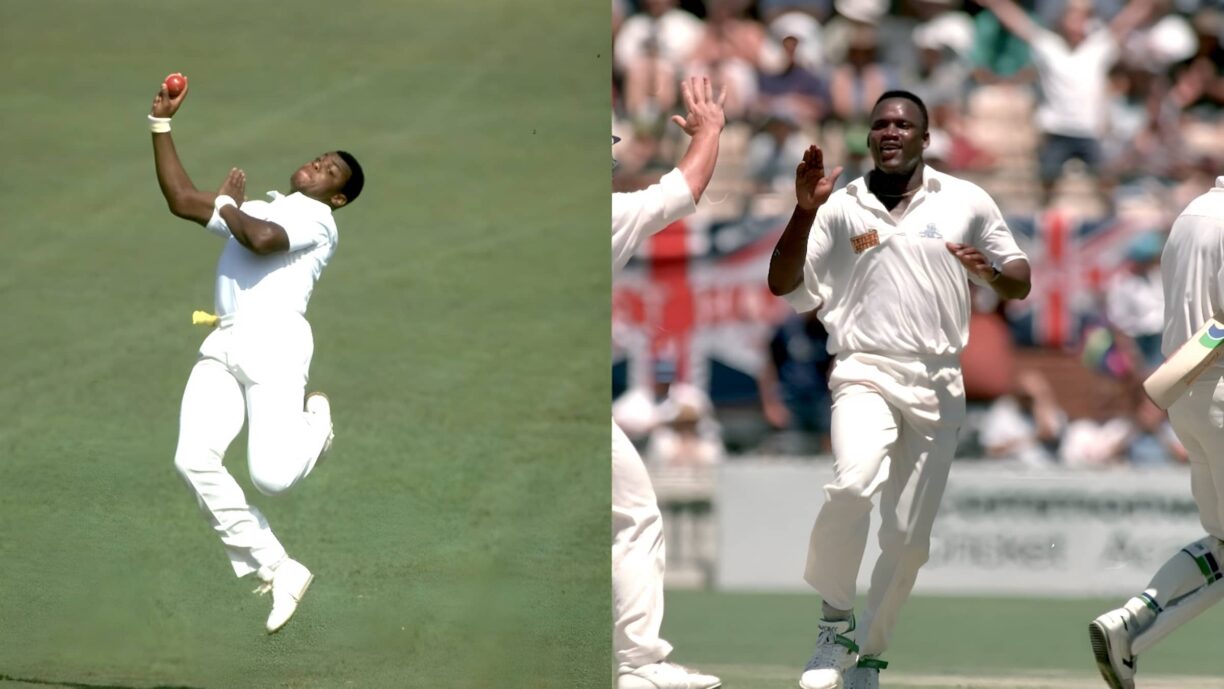If you ever find yourself coaching a group of displaced kids, especially refugees, you’ll quickly realise that sport is so much more than just a game.
It’s about giving these young people a break from the chaos that’s turned their world upside down. That’s where Sport Coach+ steps in, supporting coaches like you who work with refugees, offering the tools to make sport a healing experience rather than just an activity.
Let’s start with the basics. The International Olympic Committee (IOC) has been committed to helping refugees for years, but in 2017 they launched the Olympic Refuge Foundation (ORF) to really ramp up their efforts.
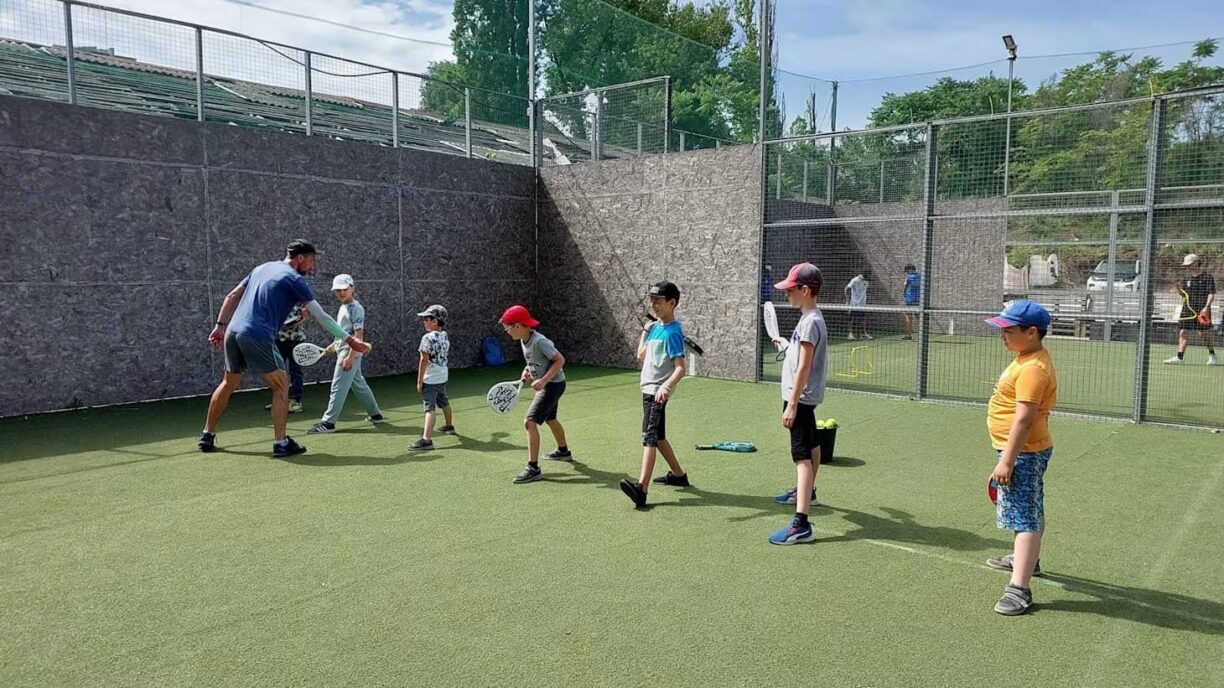
The idea is simple—use sport to protect, develop, and empower kids in tough situations. One of the ORF’s standout initiatives is Sport Coach+, run in collaboration with the International Federation of the Red Cross (IFRC) Psychosocial (PS) Reference Centre.
It’s designed to train coaches working with young refugees, especially in places like Ukraine and neighbouring countries, where the war has left so many kids in need of more than just a game to pass the time.
Take the Kangaroo Squash & Padel Club in Chișinău, Moldova, for example. Head coach and logistical coordinator Iulia Durlestean has been on the front lines of this effort.
With millions of Ukrainian refugees passing through Moldova since 2022, and more than 120,000 staying behind, her club opened its doors not just as a sports facility but as a literal shelter for refugees.
“To help, we made a temporary refugee shelter by modifying our squash courts, putting down pallets, making beds, and giving people access to showers and the kitchen. Many people were living in the club,” says Durlestean.
Once the families found some stability, Durlestean and her team turned their attention to the kids. The aim? Get them playing. Games like pickleball and padel became tools to bring a bit of joy back into their lives.
“We just want them to be in a good mood and to start to enjoy themselves. Sport is a very helpful tool to help children work through stress. When we practise sport, we forget about the trauma, the sad news and even war for a while,” says Durlestean.
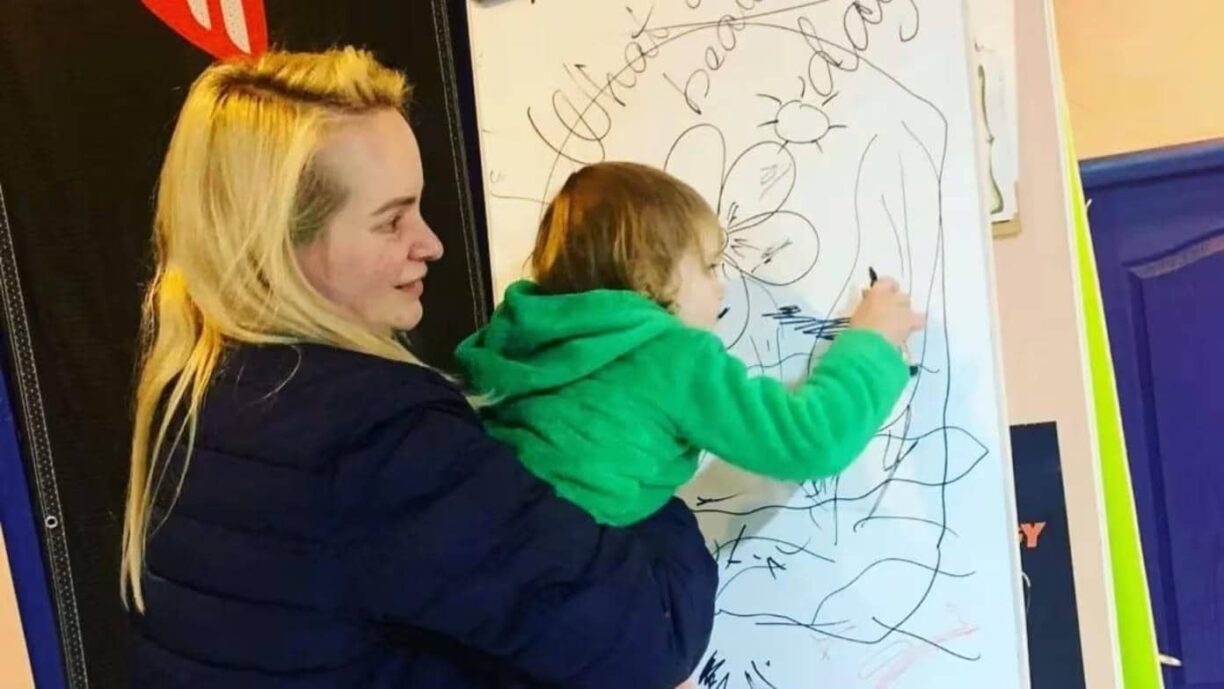
But let’s be clear—helping these kids requires more than just tossing a ball into the mix. Durlestean knew that to make a real difference, she needed the skills to support these kids on a deeper level.
That’s when Sport Coach+ entered the picture. “For me, it was a very big opportunity, not only because I want to help these people, but I want to help these people professionally,” Durlestean explains. “Sport Coach+ was like a university for me.”
During her Sport Coach+ training in Bucharest, Romania, she picked up techniques for addressing the psychological needs of young athletes, especially those who’ve experienced trauma.
“I learned how important it is to give more time to the psychological side in our sport sessions,” she notes. Her new mantra? “Calm, connect, and coach.”
It’s all about taking the time to calm the kids down, maybe with some breathing exercises, and then connecting with them before getting into the coaching part.
A particular story that sticks with Durlestean is that of Victoria and her 12-year-old daughter, Angelina. After an exhausting journey on foot to Moldova, Angelina—who was a squash player before the war—found comfort in teaching squash to younger kids at the club.
Supported by another Ukrainian refugee and coach, Maksym, Angelina started to rediscover her confidence and sense of purpose, even as she and her mother planned their return home.
Durlestean believes initiatives like Sport Coach+ are a lifeline for these kids and the coaches who work with them.
It’s not just about getting them to forget the trauma for a little while; it’s about helping them start over.
“These people and children need these mental-health exercises and training to start their new lives,” Durlestean stresses.
The truth is, if you’re coaching refugees, you need more than just a whistle and a game plan. You need to create a space where these kids feel safe and supported, both physically and mentally.
That’s what Sport Coach+ is all about—equipping coaches with the tools to make that happen. So if you’re in a position to coach young refugees, consider signing up. It might just change everything, for them and for you.
To learn more, visit www.sportcoachplus.org.

